News 2023 - Ecuador's Shrimp Industry Faces Unprecedented Crisis
Decreased consumption and factors such as rising operational costs and security concerns have driven Ecuador's shrimp prices to an alarming level. During week 28 (July 10-16), the average price for Ecuadorian head-on, shell-on (HOSO) shrimp is at $4.10 USD/kg for size 20/30; $3.50 USD/kg for size 30/40; $3.20 USD/kg for size 40/50; $2.90 USD/kg for size 50/60; $2.75 USD/kg for size 60/70; and $2.40 USD/kg for size 70/80; $2.30USD/kg for size 80/100; $1.80USD/kg for size 100/120; and $1.60USD/kg for size 120/140 .
Ecuador's shrimp industry is also grappling with challenges arising from illegal shrimp farming expansion, oversupply, and the potential impact of natural phenomena. The overwhelming presence of Ecuadorian shrimp in the market has further driven down shrimp prices. Although China remains the primary market for Ecuador's shrimp, and while the market is showing signs of recovery, its purchasing power is not as high as anticipated. Demand from Europe and the United States continues to stagnate.
Ecuador's shrimp industry is facing an unprecedented crisis due to falling international shrimp prices
Many believe that as prices hit rock bottom, numerous producers will reduce production, which will decrease the supply and drive prices up. Others argue that increasing production is necessary to meet the ever-growing demand.
Increasing operational costs, such as fuel and labor, along with security concerns and rising raw material prices, have significantly impacted the industry's profitability. The economic impact of this crisis is evident, with liquidity in the sector decreasing by $0.98 USD/pound produced. This has resulted in losses exceeding 1 billion USD so far this year. To enhance competitiveness, Ecuador's shrimp industry needs to improve energy efficiency, seek alternative energy sources, and promote training and skills development for the workforce.
Rising operating costs, coupled with increasing insecurity and raw material prices, have had a significant impact on industry profitability.
To address the issue of oversupply, some countries, like India, have utilized government subsidies to support their shrimp farmers. However, this is not a sustainable solution and may eventually lead to market collapse. The long-term solution is to reduce production to match demand. Addressing the impact of extreme weather and climate change is also crucial as it directly affects the security of supply. These factors need careful balancing to ensure a stable and sustainable future for Ecuador's shrimp industry.
Ecuador's shrimp industry hopes the Government will provide economic support and favorable policies for the sector. This may include special financing to offset the impacts of the El Nino phenomenon, reduced tariffs and duties, and the implementation of technical support programs to enhance production capacity and competitiveness for small-scale producers. The Government also needs to take stronger actions to combat drug trafficking, the main cause of security issues and increased crime in the industry. Overcoming difficulties and challenges requires unity within the industry and cooperation between the Government and international organizations to promote fair trade and access to high-quality shrimp sources.
Cre: https://vasep.com.vn/
Vietnamese shrimp and catfish choose a sustainable path in global competition
End-of-Season Shrimp Prices Reach Record Highs
Norway – Russia Reach Barents Sea Fisheries Agreement for 2026
Cà Mau strengthens traceability to enhance the competitiveness of the shrimp industry.
Cold stress: Effects on the plasma characteristics of whiteleg shrimp.
A new breakthrough in the prevention of diseases caused by the microsporidian parasite EHP in shrimp farming
Vietnam’s shrimp export outlook in the first quarter of 2026 continues to face heavy pressure from tariffs.
New England’s shrimp fishery to shut down for the long haul after years of decline
Crab exports to the United States account for more than 80%.
Thailand sets a target to increase shrimp production to 400,000 tons by 2026.
CTU-RAS: Recirculating Shrimp Farming for Sustainable Development
Vietnamese aquatic products reach new markets








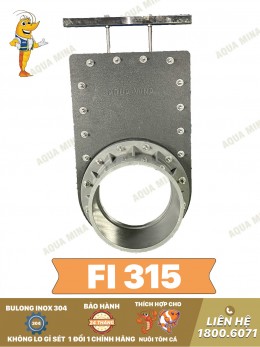
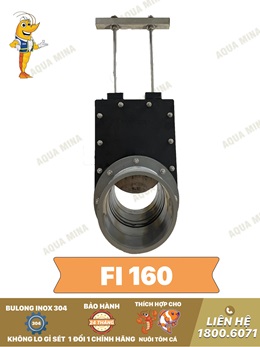
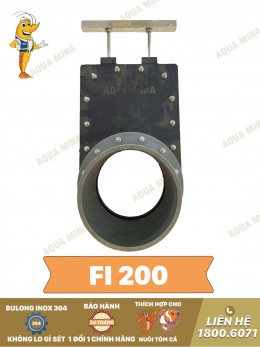
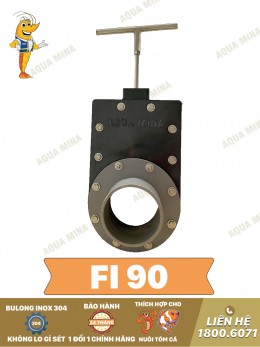
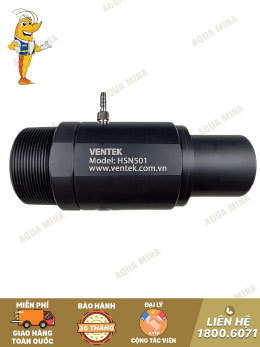
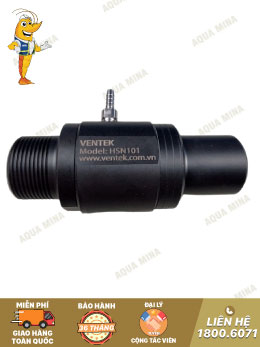
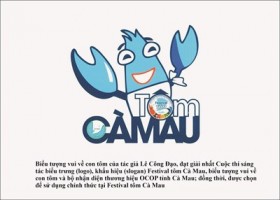
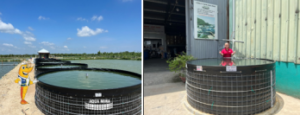
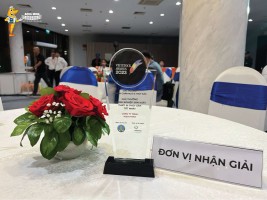
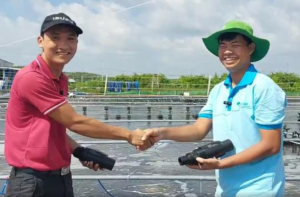
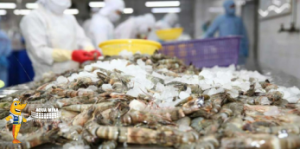
.jpg)